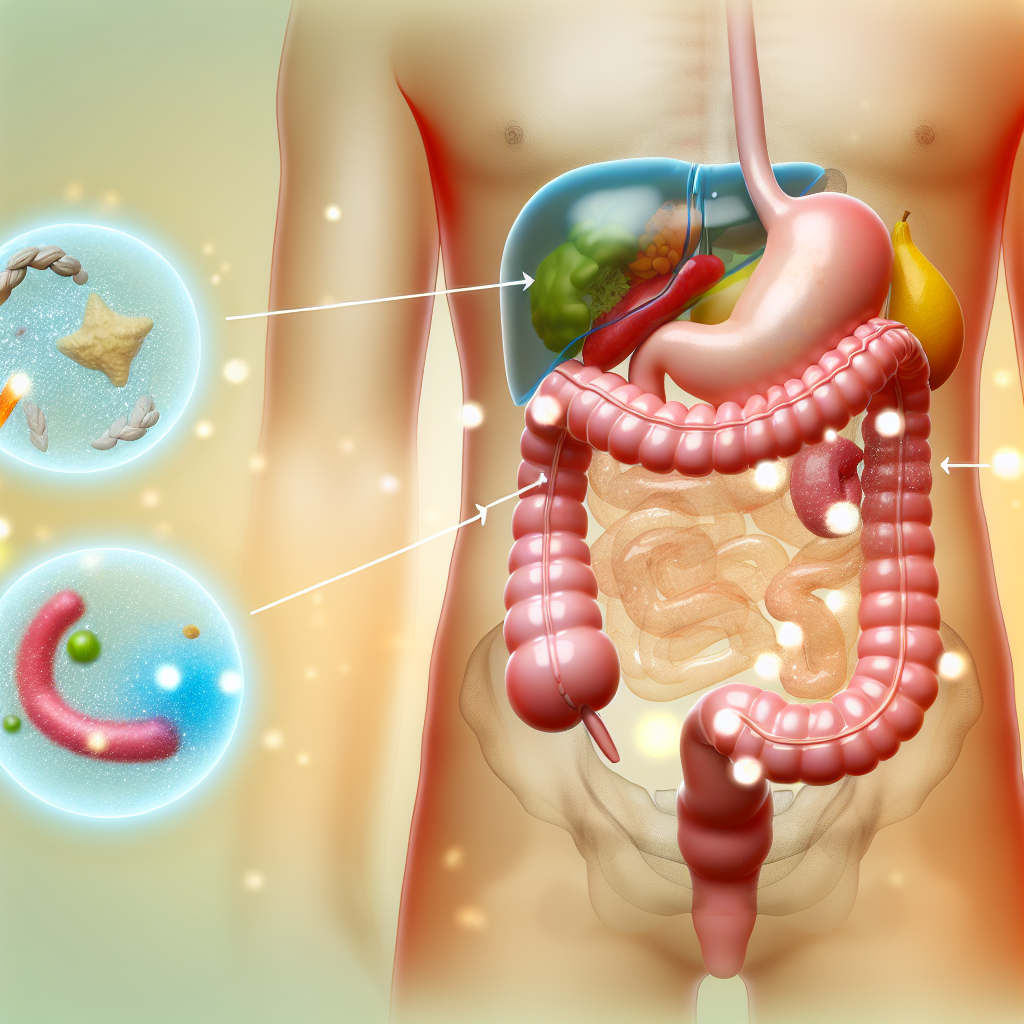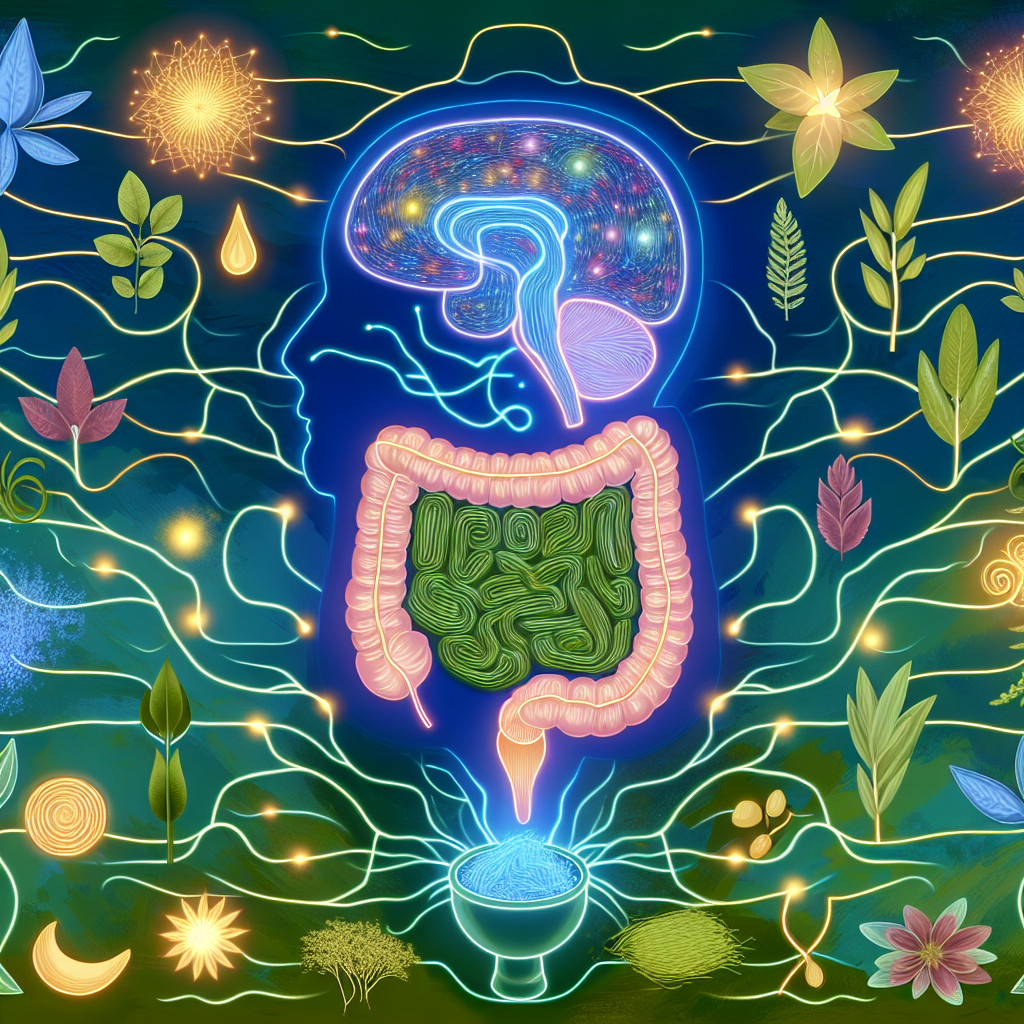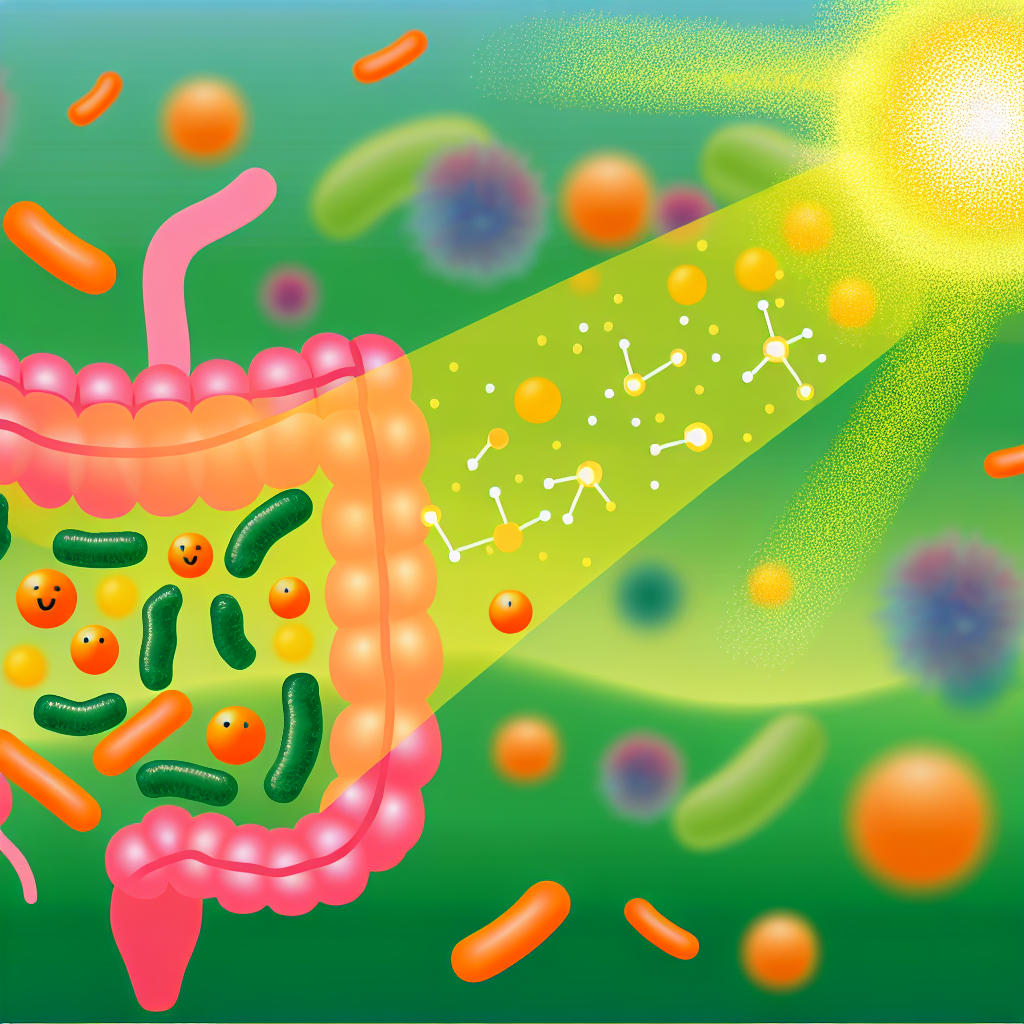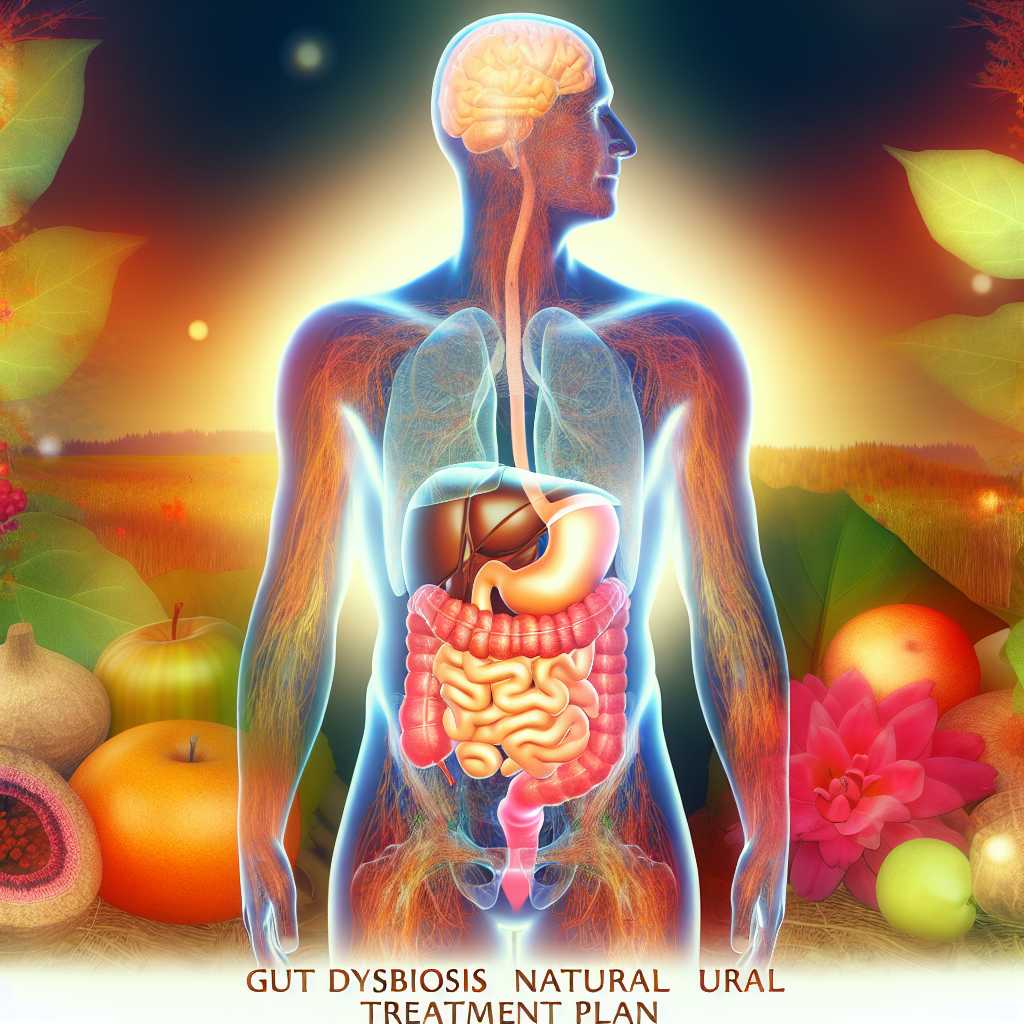# Hidden Causes of Gas and Bloating No One Talks About
Introduction: Why Your Bloating Might Be More Than Just “Something You Ate”
Gas and bloating are two of the most common digestive complaints across the globe. For millions of individuals, these symptoms are more than just uncomfortable — they can disrupt daily life, affect mood, and signal deeper imbalances in gut health. While causes like overeating, consuming carbonated beverages, and lactose intolerance are well-known contributors, there are lesser-known, hidden factors that often go undiagnosed or misunderstood. These stealth culprits may play a significant role in chronic digestive discomfort, and they’re not usually the first things doctors or dietitians explore.
One of the biggest reasons gas and bloating are so difficult to manage is the complexity of the human gut. Often referred to as the “second brain,” the gut’s enteric nervous system communicates with virtually every other system in the body. This interconnection can make pinpointing the exact cause of symptoms challenging, especially when conventional testing doesn’t reflect any major abnormalities.
In the past decade, a growing body of research has highlighted alternative explanations for gas and bloating, ranging from undiagnosed food sensitivities and chronic stress to bacterial overgrowth and hormonal imbalances. For instance, conditions like Small Intestinal Bacterial Overgrowth (SIBO) or even dysbiosis—an imbalance between healthy and harmful bacteria in the gut—are now being recognized as significant but frequently overlooked triggers.
Moreover, lifestyle factors, such as poor sleep hygiene, excessive antibiotic use, and even how fast you eat your meals, can silently wreak havoc on digestion. Many of these hidden triggers fly under the radar because they don’t always produce immediate symptoms or show up in standard tests. This leads to a frustrating cycle for sufferers who are often labeled as having “Irritable Bowel Syndrome” (IBS) without much further investigation.
Fortunately, increased awareness, coupled with advancements in gut microbiome research, is enabling both the medical community and holistic wellness practitioners to uncover these hidden root causes. For those who prefer natural solutions, there is good news: herbal treatments, mindfulness practices, and tailored nutritional strategies are showing promise in restoring gut balance — offering relief where traditional methods may have fallen short.
The Sneaky Causes of Bloating Your Doctor May Not Mention
Recent studies have unearthed multiple underrecognized triggers contributing to chronic gas and bloating. One of the most prominent, yet often overlooked, culprits is Small Intestinal Bacterial Overgrowth (SIBO). SIBO occurs when excessive bacteria colonize the small intestine, a region generally reserved for low bacterial presence. According to a study published in the *American Journal of Gastroenterology* (2017), SIBO may be responsible for up to 78% of IBS cases, which frequently present with bloating and abdominal discomfort ([source](https://journals.lww.com/ajg/fulltext/2017/01000/the_role_of_sibo_in_ibs__paulson_and_foster.17.aspx)).
Another frequently ignored contributor is non-celiac gluten sensitivity (NCGS). While not as dramatic as celiac disease, NCGS still elicits digestive symptoms like bloating, gas, and abdominal pain. According to a 2018 study published in *Nutrients*, individuals with NCGS who eliminated gluten experienced significant relief from bloating and other GI symptoms ([source](https://www.ncbi.nlm.nih.gov/pmc/articles/PMC6520897/)).
How Mental Health and Stress Secretly Sabotage Your Gut
Emerging data links gut-brain axis disruption to bloating and gas. Chronic stress, anxiety, and even depression can alter gut motility and microbiota composition, aggravating bloating. A 2020 review in *Frontiers in Psychiatry* emphasized the bidirectional communication between the gut and the brain, showing how psychological stressors can influence gut discomfort ([source](https://www.frontiersin.org/articles/10.3389/fpsyt.2020.00289/full)).
Digestive Enzymes: The Missing Piece of the Puzzle?
Less considered but highly impactful are digestive enzyme insufficiencies, such as low lactase or amylase levels. Insufficient enzymes impair the proper breakdown of food, leading to fermentation in the gut and resulting in gas accumulation. Enzyme insufficiencies may be acquired over time or related to aging, and addressing them can reduce symptoms dramatically.
The Everyday Habits That Blow You Up (Literally)
Even seemingly minor habits like chewing gum or drinking through a straw can increase air swallowing, contributing to gas. Similarly, fast eating reduces saliva’s exposure to food, impairing digestion from the start. These behavioral factors are commonly missed during routine GI assessments but can greatly influence bloating patterns.
Natural Solutions: Herbal Helpers and Lifestyle Fixes That Really Work
Natural remedies and lifestyle interventions are gaining attention for their efficacy. Herbs like peppermint oil, ginger, and fennel have shown promise in reducing bloating. A clinical trial published in *Phytomedicine* found that enteric-coated peppermint oil led to a significant improvement in bloating among IBS participants ([source](https://www.sciencedirect.com/science/article/pii/S0944711318303699)).
Likewise, Ayurvedic herbs like triphala and licorice root have been used for centuries to relieve digestive distress and balance overall gut function.
Incorporating probiotics and prebiotics is another key strategy. Research has shown that strains like *Lactobacillus plantarum* and *Bifidobacterium infantis* can improve gas and bloating by promoting beneficial bacteria balance and supporting anti-inflammatory pathways in the gut ([source](https://www.ncbi.nlm.nih.gov/pmc/articles/PMC3002586/)).
Women and Hormones: The Overlooked Digestive Connection
Attention must also be paid to hormonal fluctuations, especially in women. Estrogen and progesterone shifts during the menstrual cycle or menopause can lead to fluid retention and gastrointestinal discomfort. Understanding how hormones impact digestion allows for tailored treatment plans, potentially integrating adaptogenic herbs like ashwagandha to modulate stress-related hormonal imbalances.
Conclusion: Start Listening to Your Gut Today
While gas and bloating may seem like minor inconveniences, they’re often signs of deeper gut imbalances that standard approaches fail to address. Hidden causes—ranging from bacterial overgrowth and enzyme deficiencies to stress and unnoticed food sensitivities—can quietly drive chronic discomfort.
Thankfully, the intersection of cutting-edge research and ancient herbal wisdom provides new hope. By uncovering these lesser-known triggers and embracing natural treatments like targeted herbs, probiotics, and mindful eating, individuals can restore digestive harmony and reclaim everyday comfort. Listening to your gut, quite literally, may be the gateway to lifelong well-being.
Concise Summary:
Gas and bloating are common digestive issues, but their underlying causes often go undiagnosed. From bacterial overgrowth and food sensitivities to stress and hormonal imbalances, there are numerous hidden triggers that can contribute to chronic digestive discomfort. Natural solutions like herbal remedies, probiotics, and lifestyle changes offer promising relief where traditional methods have fallen short.
References:
– [SIBO and IBS](https://journals.lww.com/ajg/fulltext/2017/01000/the_role_of_sibo_in_ibs__paulson_and_foster.17.aspx)
– [Non-Celiac Gluten Sensitivity](https://www.ncbi.nlm.nih.gov/pmc/articles/PMC6520897/)
– [Gut-Brain Axis Review](https://www.frontiersin.org/articles/10.3389/fpsyt.2020.00289/full)
– [Peppermint Oil & IBS Study](https://www.sciencedirect.com/science/article/pii/S0944711318303699)
– [Probiotics and Bloating](https://www.ncbi.nlm.nih.gov/pmc/articles/PMC3002586/)

Dominic E. is a passionate filmmaker navigating the exciting intersection of art and science. By day, he delves into the complexities of the human body as a full-time medical writer, meticulously translating intricate medical concepts into accessible and engaging narratives. By night, he explores the boundless realm of cinematic storytelling, crafting narratives that evoke emotion and challenge perspectives.
Film Student and Full-time Medical Writer for ContentVendor.com




